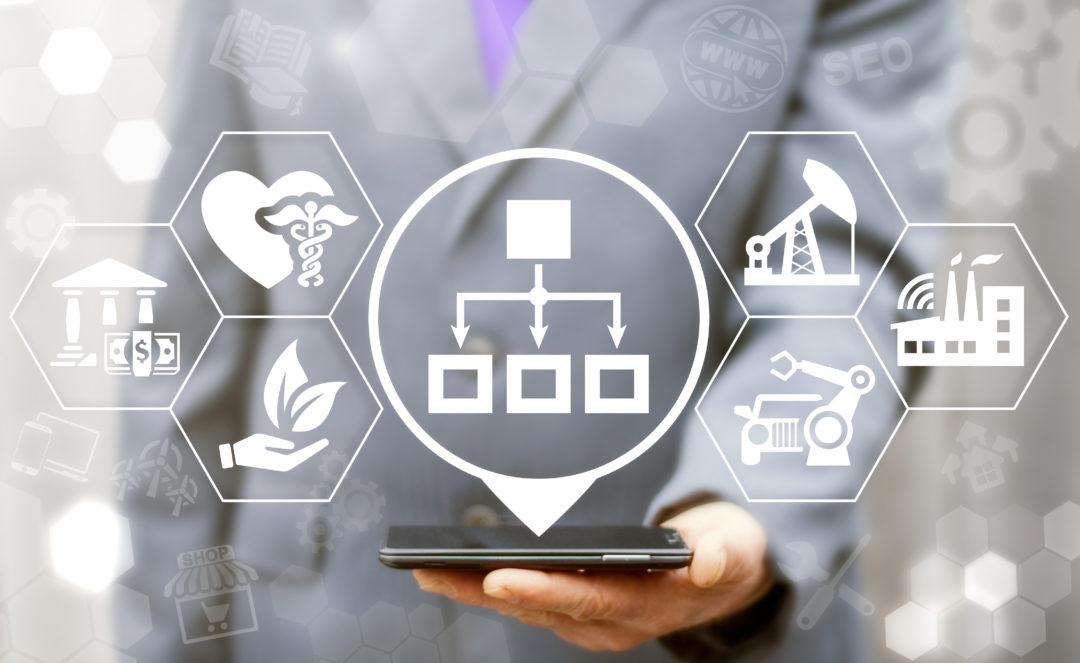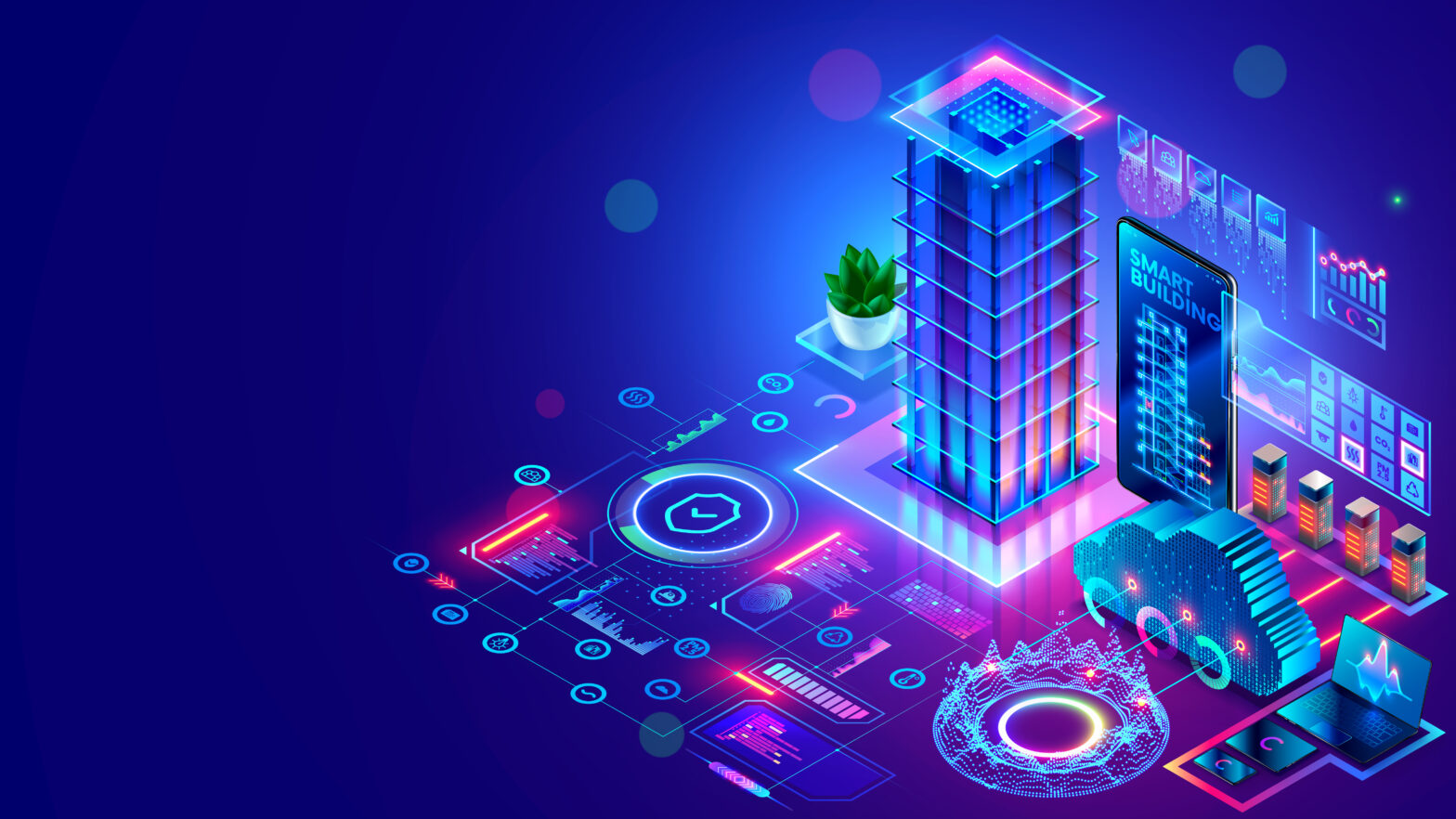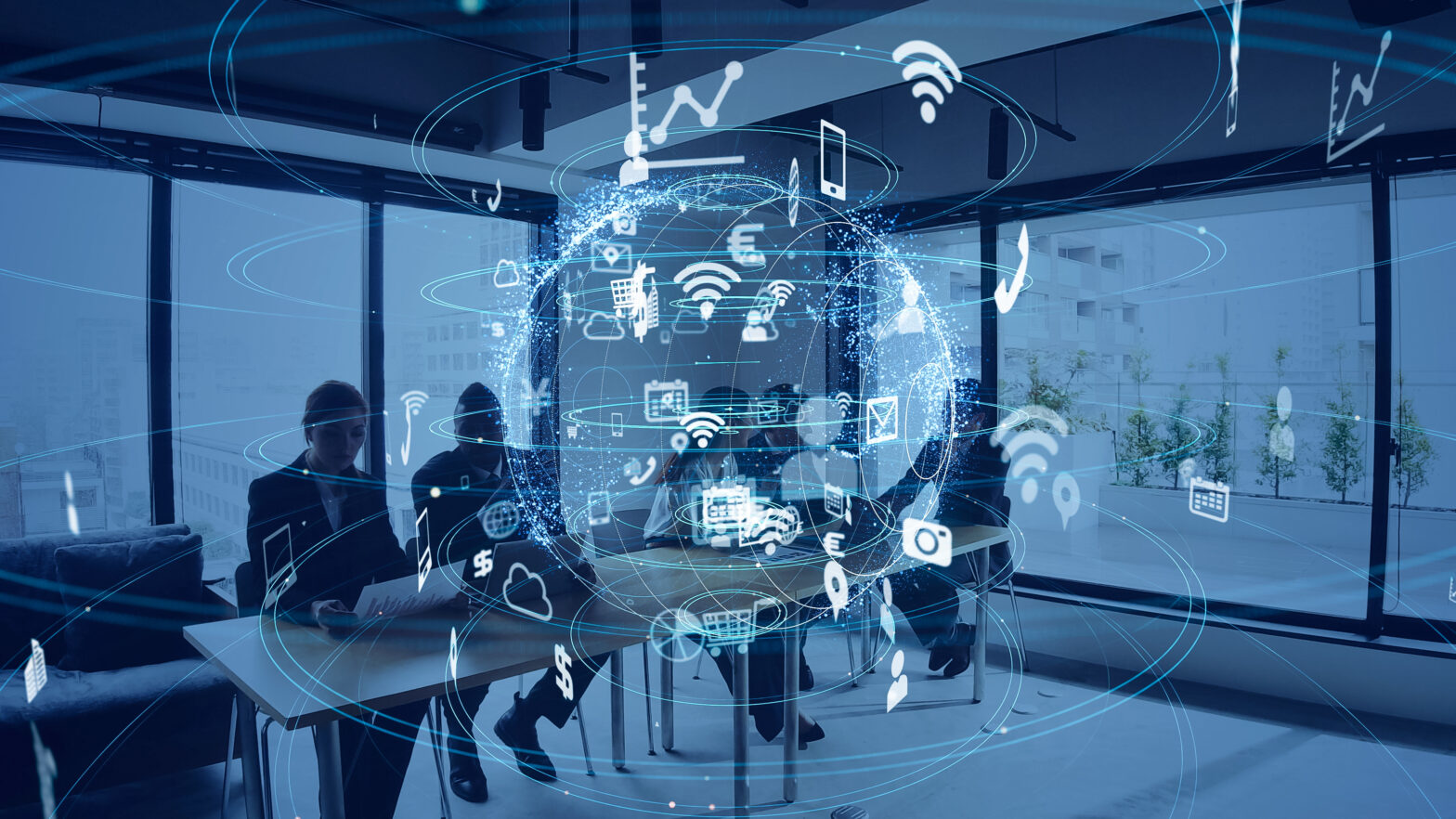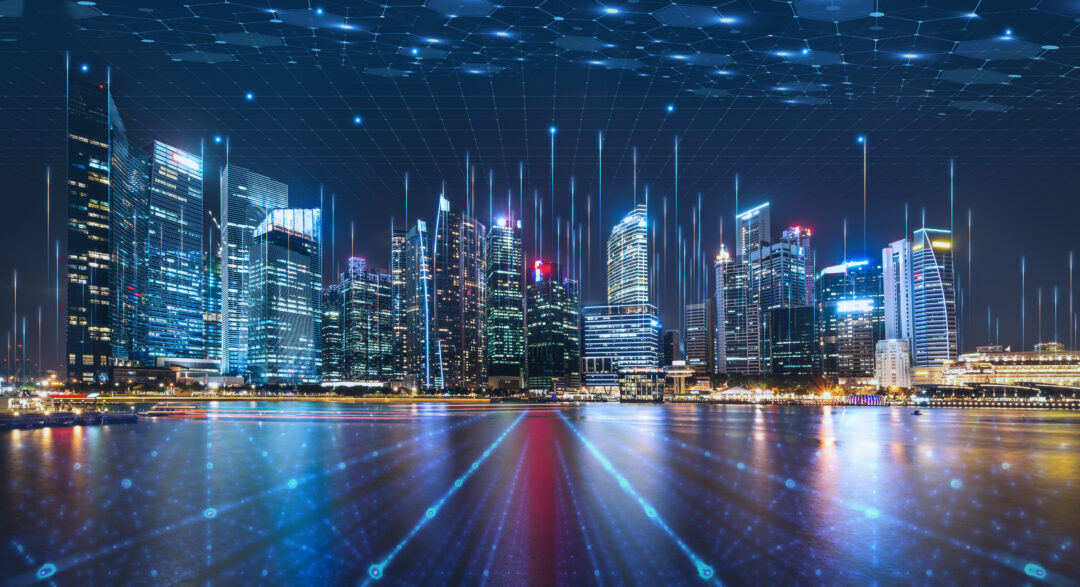With enhanced street infrastructure, 5G and IoT implemented into office spaces, smart cities are set to transform the entire business world as we know it, with changes being different depending on the sector, and businesses of all sizes must be ready for it.
Smart cities involve smart buildings. These will feature 5G implementation and smart devices that can bring the best out of businesses, allowing for as efficient a workflow as possible.
All sectors must be willing to invest in the best smart technology they can afford for their workplace, lest they get left behind by the competition.
Automobiles
Automated, driverless cars operated using sensors are getting closer to becoming a reality, with electric-powered cars already available.
>See also: UK Government sets 2021 driverless car goal
Also about to be launched onto the market is the Volkswagen MOIA, a ride-sharing mobility startup that bridges the gap between buses, taxis and shuttle vans. It runs on electricity, and aims to decrease the need for cars on the road.
It is set to be launched at the end of the year.
Healthcare
One smart city development that has come out of the healthcare sector is telemedicine kiosks, in which health care providers bring medical advice to the patient, rather than patients going to doctors.
Registered GP’s operating from these kiosks, which are situated in public places, can deal with patients in person, or via a video call on a mobile device. These cost less to maintain than a regular GP, due to not needing a large workforce of medical professionals and being situated in areas where electricity will already be implemented.
Another smart healthcare development is the rise in mobile applications. The NHS is an example of a medical body that’s about to develop its own app, which will allow patients to arrange appointments, access medical information, and access to FitBit and Apple’s Health app.
>See also: How could telehealth improve healthcare across the world?
Real Estate
The infrastructure within smart buildings does not stop at office blocks and industrial premises. Smart homes involve smart devices such as phones, TV’s and energy meters all being connected to one Internet network.
This allows the homeowner to control their lighting, heating, TV’s and entertainment systems, as well as access utility data, all from one connected location.
Homeowners must, however, bear in mind the matter of security when it comes to these networks. Because all devices are connected to one hub, this can make it easier for cyber attacks to affect multiple devices at once.
>See also: Can smart home devices and technology keep people safe?
Retail
Not usually thought of as the smartest sector around, self-service machines aside, many firms within the retail sector have begun using automated software to analyse customer behaviour.
>See also: How can consumer behaviour be used to strengthen insight?
Following the lead of Facebook, Amazon and YouTube, online websites already offer recommendations to customers based on what they have previously looked at or bought.
Additionally, around the shops themselves, there could be cameras that gather data relating to how many customers stop by at a certain product, and for how long, as well as demographics.
Companies such as Smart Retail already offer these services, so it may only be a matter of time until these practices are commonplace in smart city shops across the world.
Utilities
A key development within the utilities sector is the implementation of smart meters in homes. These gauge and send energy data to the utility company automatically, and calculate how much money the user owes the company in energy bills.
This means that users do not need to manually measure how much energy they have used, and they can save energy and money as a result of knowing exactly what they are using each day.
>See also: How technology is revolutionising the energy sector
Nominations are now open for the Women in IT Awards Ireland and Women in IT Awards Silicon Valley. Nominate yourself, a colleague or someone in your network now! The Women in IT Awards Series – organised by Information Age – aims to tackle this issue and redress the gender imbalance, by showcasing the achievements of women in the sector and identifying new role models










